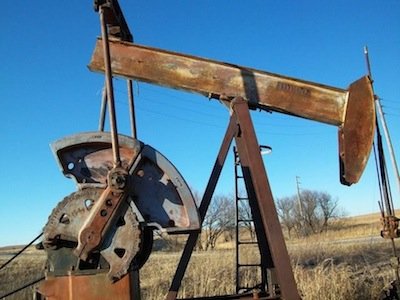First, thanks to all of you for making 2008 a great year for Sociological Images! Our list of 152 blogs that link to us is one tiny way that we try to show our appreciation. Browse through our list, if you like, and if you link to us in your blogroll and aren’t on there, please send us a note at socimages@thesocietypages.org to let us know.
Second, as usual, we have been up to some stuff behind your back! Here it is:
Remember how the swastika didn’t used to connote total evil? Neither did we. We added several more examples of pre-Nazi uses of the swastika to this post.
The Canadian Centre for Diversity put out an interesting PSA along the lines of the U.S. “I am African” campaign (so brilliantly parodied). Find the link here. Thanks to Julie C. for sending it in!
Our post about rape as hyperconformity to masculine norms sparked a ton of comments, many of them negative. Maybe these screenshots of a whole series of recipes for a drink called the “Liquid Panty Remover” will influence you one way or the other. Enjoy! (Thanks to an anonymous commenter and Vidya for pointed us to a hoax billboard that led us to discover these.)
We added another example of an image of sexualized dominance, this time women’s dominance over men, to our post on the theme. Thanks to Stumblng Tumblr for the submission!
Still on the topic of sex: Laura at The F Word posted a video of a commercial that just begged to be added to our post on ejaculation imagery.
You wine drinkers are all sissies! We added another set of ads to this post on messages about masculinity in Jim Beam ads. Also on the theme of masculinity, we added a Gillette shampoo ad that tells men to “take charge” of their hair to this post about masculinizing beauty products. And a reader sent us a link to more antics from Dmitri the Lover (I feel gross just writing his name).
We added a series of furnishings shaped like female bodies–mostly tits and asses really–to a post on in-no-way-theoretical objectification. Click here for the post. Here’s a teaser just for fun:

Relatedly, we added an image of a pole-dancer alarm clock from a catalog to this post featuring the “Bitchcruiser.” Yeah, you gotta take a look at that one.
On the theme of using women’s bodies to “sell” stuff, here’s another image showing how PETA sexualizes women as a way to advocate vegetarianism.
On gender and socialization, we added a screen shot of an Amazon webpage showing what to buy “for her” and “for him” to our post about gendered holiday gift marketing (sent in by Sofia A.) and we added an image of the video game Imagine: Babies to this post about how Miss Bimbo socializes girls into traditional gender roles.
Speaking of banal stereotypes, Jasmine sent us some more examples of truly boring uses of stereotypes. This time they are used to promote eye care. Find them here.
We added an image comparing a Brazilian brand of rum to Brazilian waxes (you know, those kinds of waxes) to make the claim that the brand is authentic to this post. Because there’s nothing more authentic than a woman waxed to look like a child. What!?
Finally, what better way to end our list than with a post about animals, “love,” and babies! A bonded pair of male penguins at a zoo were replacing the eggs of male-female couples with rocks and sneaking off with their eggs. The zoo keepers helped them legitimately adopt and now everyone’s happy. We added a picture of this couple to our post about actual “homosexual” pairings among animals.

